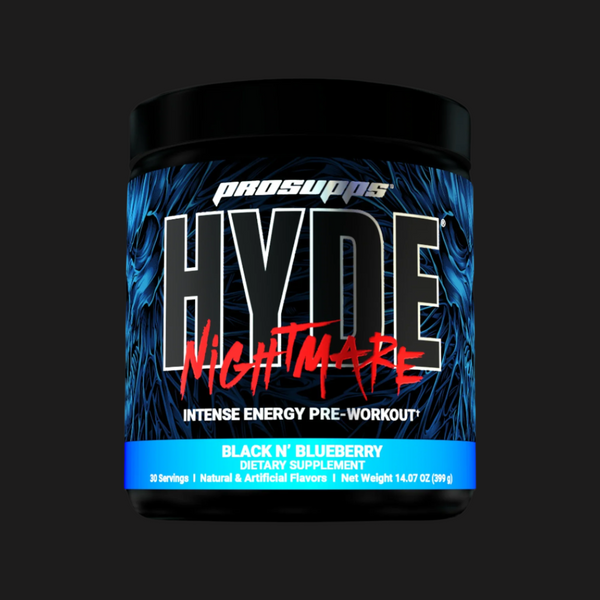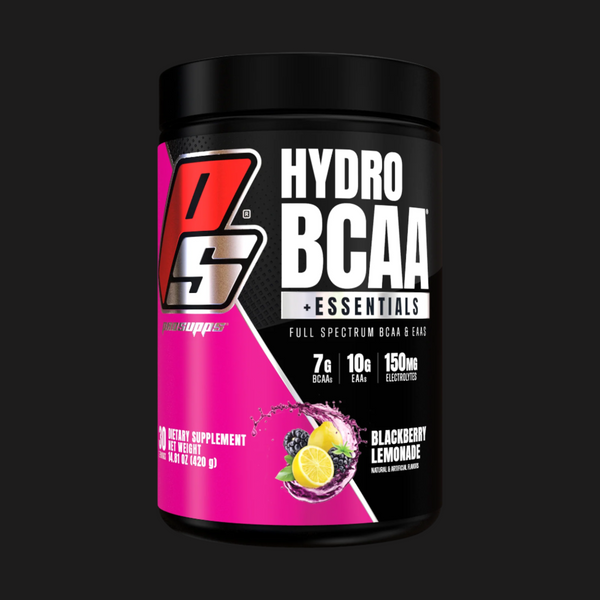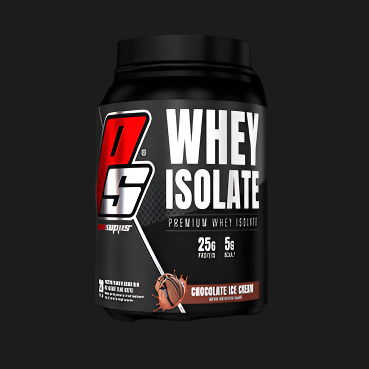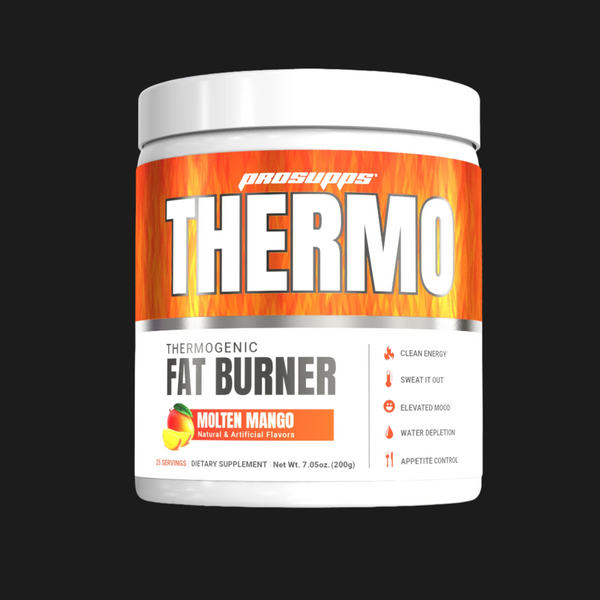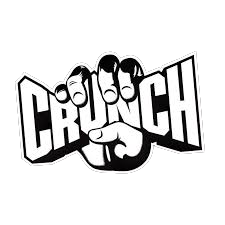
Why You Should Add Creatine to Your Pre-Workout Supplement
 Written by Guy Gustafson
Written by Guy Gustafson May 12, 2021
Whether it’s a stim-free pre-workout, a high-stim pre-workout, or anything in between, if you read the ingredient label, you’ll likely see creatine included on the list.
Have you ever wondered what creatine is or why it matters? Read on to learn why you should add creatine to your pre-workout supplement.
What Is Creatine?
Creatine is an organic compound that naturally exists in muscle cells. The body produces it from two amino acids, arginine and glycine.
Creatine serves many purposes. However, when it comes to fitness, its main purpose is to assist the muscles by producing energy when you’re lifting heavy weights or doing high-intensity workouts.
Why Use Supplemental Creatine?
Some people wonder why they need to take supplemental Creatine when their body makes it naturally.
The short answer is that everyone’s Creatine stores are different. For example, those who do not eat meat or animal products may have lower levels of Creatine than those who eat meat on a regular basis. Hormone levels, the amount of time you spend exercising, and the amount of muscle mass you have also play a role.
Supplementing with additional creatine helps to increase your body’s natural stores. This provides you with more stored energy in your cells (in the form of phosphocreatine), which then helps you to produce more ATP (short for Adenosine Triphosphate) and perform better while training.
Creatine Monohydrate vs Creatine HCL
When you’re looking at supplements that contain Creatine (such as pre-workout supplements), you’ll likely see two different forms of Creatine listed on the label: Creatine Monohydrate and Creatine HCL (Hydrochloride).
These two forms of Creatine are equally effective and offer similar benefits. However, there are some distinctions between them to keep in mind, including the following:
Creatine Monohydrate
Creatine Monohydrate is the most common type of Creatine used in supplements. It is made by combining a Creatine molecule with a water molecule.
Creatine HCL
Creatine HCL, on the other hand, is made by combining a Creatine molecule with a hydrochloride molecule. This combination may make it easier for the body to absorb Creatine. It can also help to reduce water retention.
Some people prefer Creatine HCL because of the lack of water retention (bloating is a common side effect when you first start taking Creatine supplements). However, when it comes to effectiveness, both Creatine HCL and Creatine Monohydrate appear to produce similar results.
Why You Should Add Creatine to Your Pre-Workout Supplement?
It doesn’t matter if you add your own Creatine or choose a pre-workout supplement that already has it mixed in. Either way, there are plenty of reasons why you should add Creatine to your pre-workout supplement, including the following:
Increased Stamina
One of the greatest benefits of Creatine supplementation is the fact that it can increase your muscle endurance and stamina.
Many people find that consistent Creatine intake helps them to increase their total work volume in each training session. They have more energy available to them, and this allows them to perform more reps with heavier weights and with good form.
In the context of high-intensity cardiovascular workouts, Creatine can also increase endurance and help people to push themselves farther before they start to feel fatigued.
Improved Muscle Building
When your endurance improves and you have more energy available during your workouts, it’s easier to make progress and see results from your training. Creatine may support muscle growth in other ways, too.
For example, some research shows that certain hormone levels, such as IGF-1 (Insulin-Like Growth Factor 1) rise after someone takes Creatine. IGF-1 is a growth hormone that plays an important role in the muscle-building process.
Creatine can also increase cellular hydration and increase the water content in the muscle cells. This further supports muscle growth and repair.
Easier Habit Formation and Consistency
It’s worth noting that Creatine has a cumulative effect. You won’t notice significant benefits or changes in your workout performance after supplementing with it just once. You need to take it consistently to increase your body’s phosphocreatine stores.
Because the most important thing seems to be taking Creatine consistently (although, most studies show that it’s best to take it close to your workout, either shortly before or after), you may be wondering what the benefit is of including Creatine in pre-workout, specifically.
One of the main reasons for doing this is that it helps many athletes and gym-goers to be more consistent. By combining two beneficial supplements into one product, they can save steps and ensure they’re not forgetting to take Creatine regularly.
If you’re a busy person who doesn’t have time to mix up a bunch of different supplements, or if you’re a forgetful person who can’t seem to remember to take Creatine, using a pre-workout drink that already has it mixed in is a great solution.
What Is the Purpose of a Pre-Workout Drink?
Speaking of pre-workout drinks, let’s touch on why they’re beneficial, with or without Creatine included.
What is the purpose of a pre-workout drink? In short, pre-workout helps to increase your energy levels and stamina while training.
On days when you’re dragging your feet or feeling a little (or a lot) sluggish, pre-workout can come in clutch and give you the boost you need to fit in a good workout.
Pre-workout drinks can also help you get into the right mindset before training. The ritual of mixing up a pre-workout supplement is a great way to get in “the zone” and send a signal to your brain that it’s time to start working.
How Early Should You Take Your Pre-Workout?
Most people see the greatest benefits when they take their pre-workout about 15-30 minutes before they start training. This is particularly true if they’re taking a pre-workout supplement that contains caffeine.
Caffeine reaches peak effectiveness within approximately 30-60 minutes of consumption. By taking it during the 15-30-minute pre-workout window, you can ensure you experience benefits during the most intense part of your workout.
How Much of an Effect Does Pre-Workout Have?
Do you need pre-workout to have a good workout?
No. Plenty of people have great training sessions and earn awesome results without any kind of supplementation.
Can supplements like pre-workout (especially pre-workout that contains Creatine) make a difference, though? Absolutely.
Factors That Determine Pre-Workout Effectiveness
When answering the question, “How much of an effect does pre-workout have,” it’s important to remember that effectiveness varies depending on a lot of factors.
For example, how much caffeine does your pre-workout contain? Are you using it consistently and building up a dependence on the caffeine, or are you cycling off and switching to a non-stim pre-workout every once in a while to let your body reset?
Your lifestyle plays a role in how effective your pre-workout is, too. For example, if you’re not fueling properly before a workout, you may still feel fatigued even if you’re using a good pre-workout drink.
The same goes for sleep. If you’re constantly burning the candle at both ends and not sleeping enough, all the caffeine and Creatine in the world won’t save you.
Combine Creatine with Your Pre-Workout Today
Regardless of your goals, Creatine can make a great addition to any supplement stack. Adding it to your pre-workout is an easy way to ensure you’re consuming it regularly, and it saves you from having to take multiple supplements at once.
Are you ready to experience the difference Creatine can provide? If so, ProSupps has got you covered.
Head to our shop today to check out our pre-workout selection. We’re confident you’ll find one that contains Creatine and is designed to fit your goals.
=== split content ===HYDE Energy Carbonated=== split content ===HYDE Pre Workout=== split content ===CreaGEN=== split content ===
GET LEAN
 Why You're Struggling
Can't Lean Out? Here's Why You're Struggling
Why You're Struggling
Can't Lean Out? Here's Why You're Struggling
We all know the feeling. You’ve been working hard in the gym, sticking to your diet and getting in your...
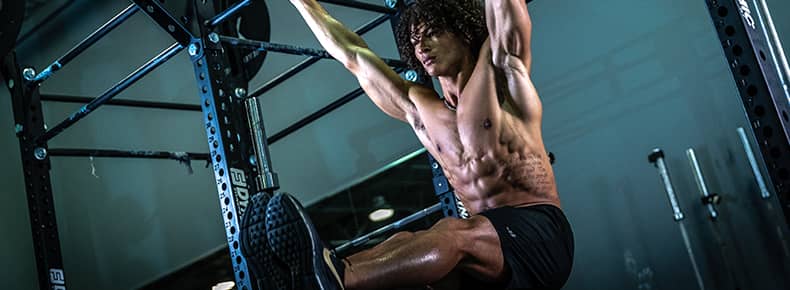 Weight Loss
Choosing the Best Protein Powder for Weight Loss
Weight Loss
Choosing the Best Protein Powder for Weight Loss
Struggling to shed body fat and lean out? You might need to focus more on your nutrition, specifically your protein...
 Weight Loss
9 Ways to Speed Up Your Weight Loss and Burn More Fat
Weight Loss
9 Ways to Speed Up Your Weight Loss and Burn More Fat
Weight loss is a major goal for more than 40 percent of Americans. Is it something you’re working toward, too?
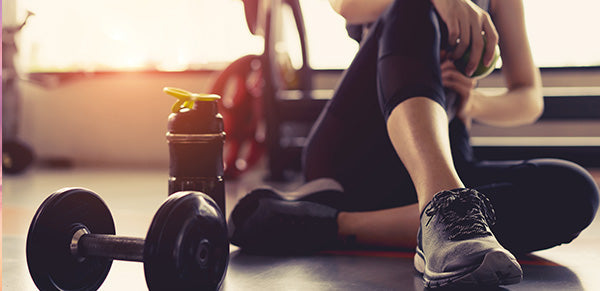 Workout Routine
10 Tips for Building a Sustainable Workout Routine
Workout Routine
10 Tips for Building a Sustainable Workout Routine
Starting a fitness journey is an exciting time, but maintaining a sustainable workout routine can be challenging. From setting realistic...





